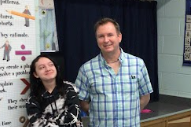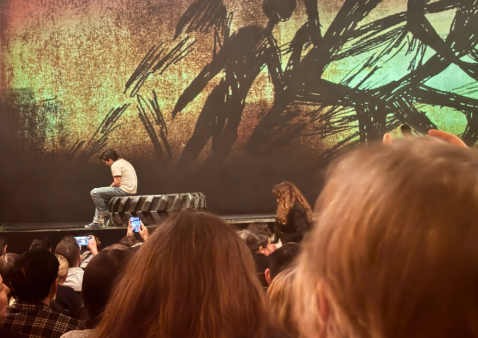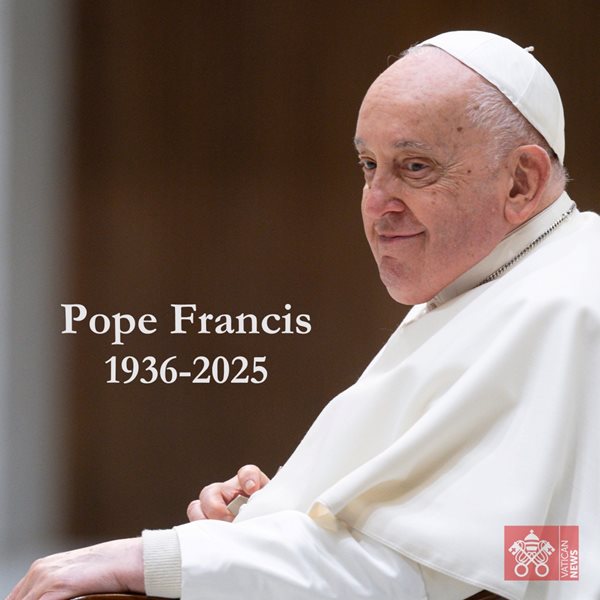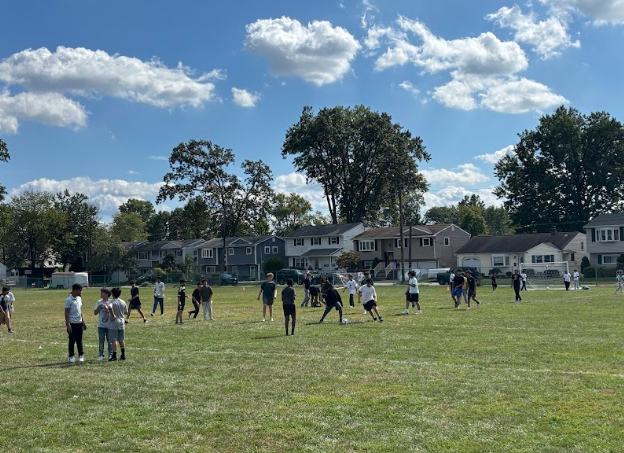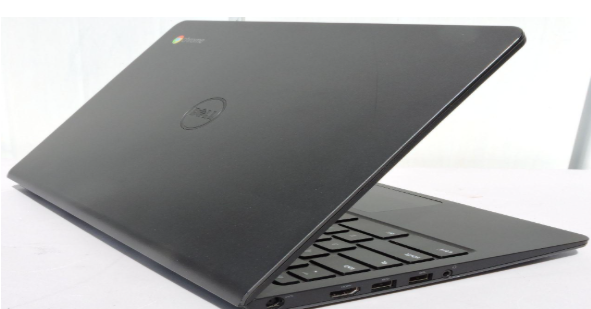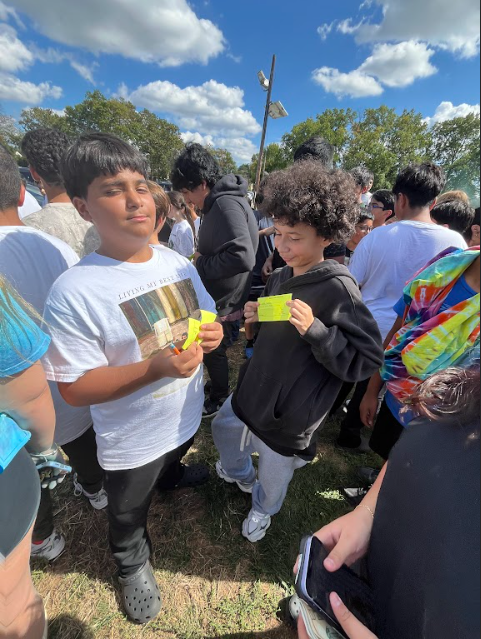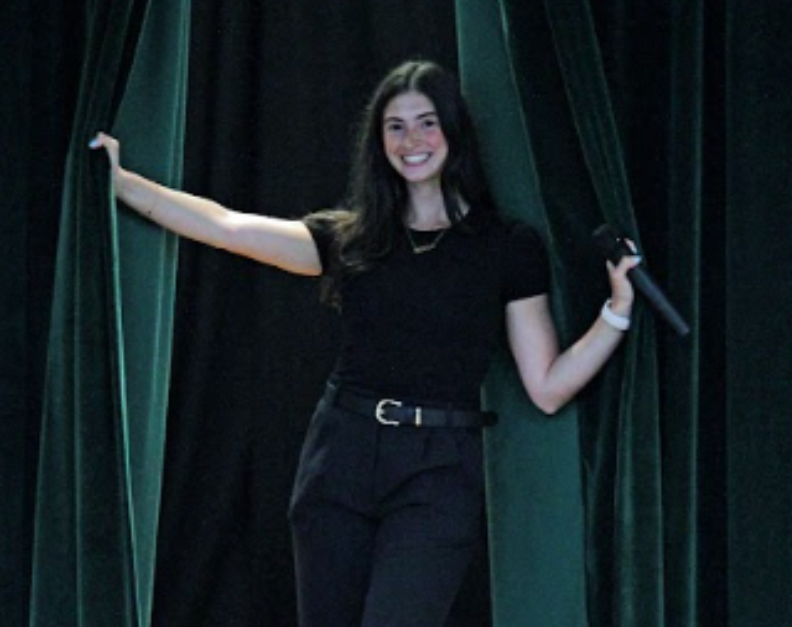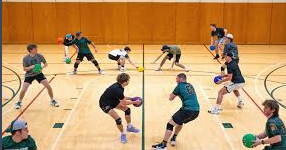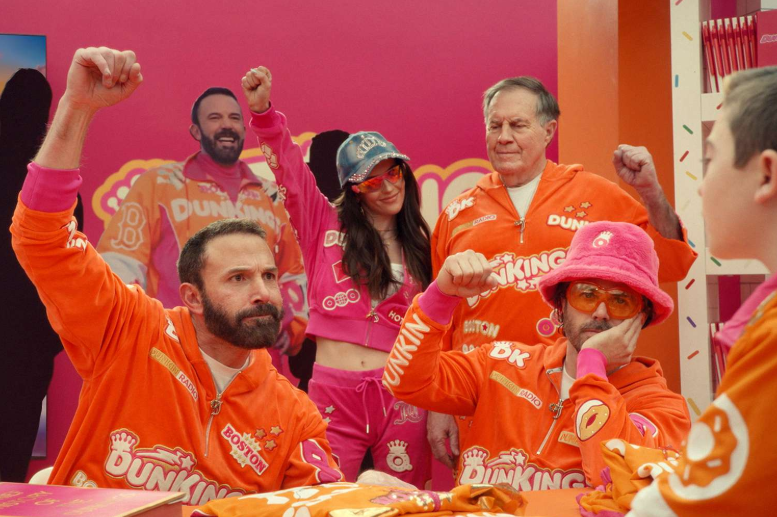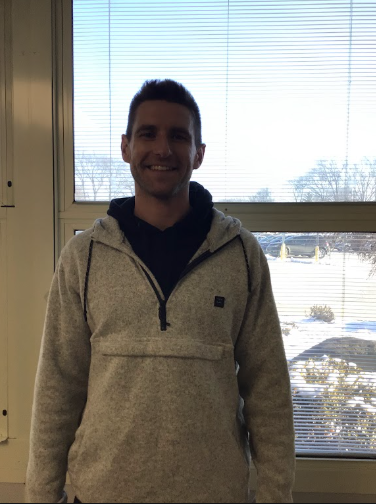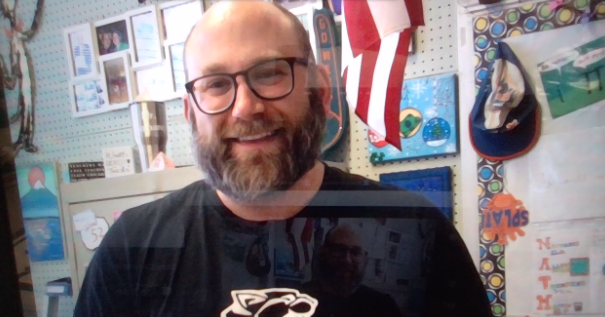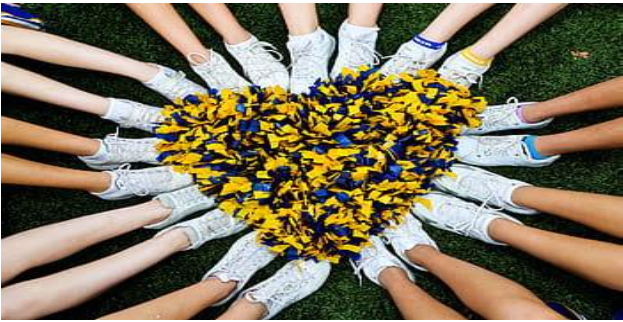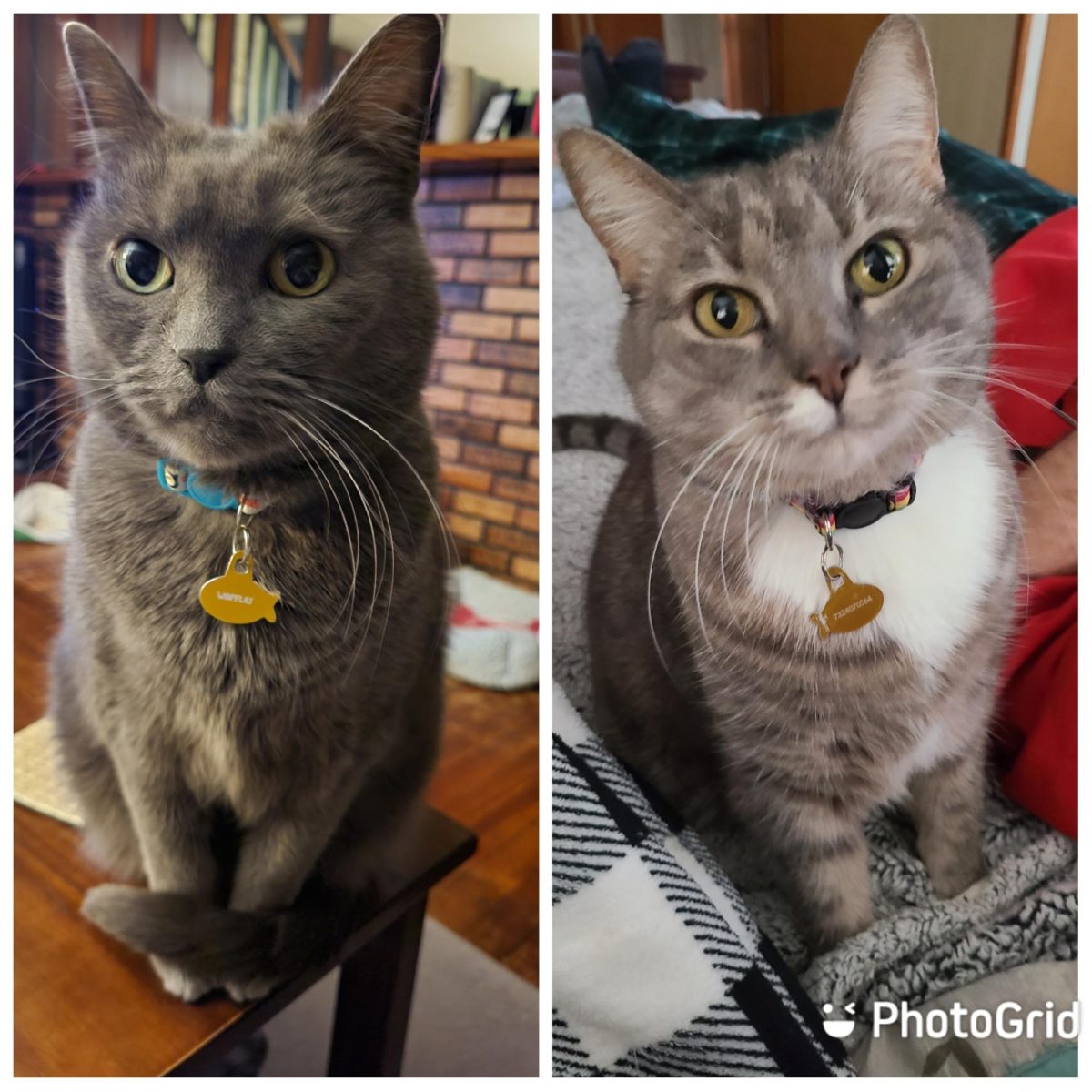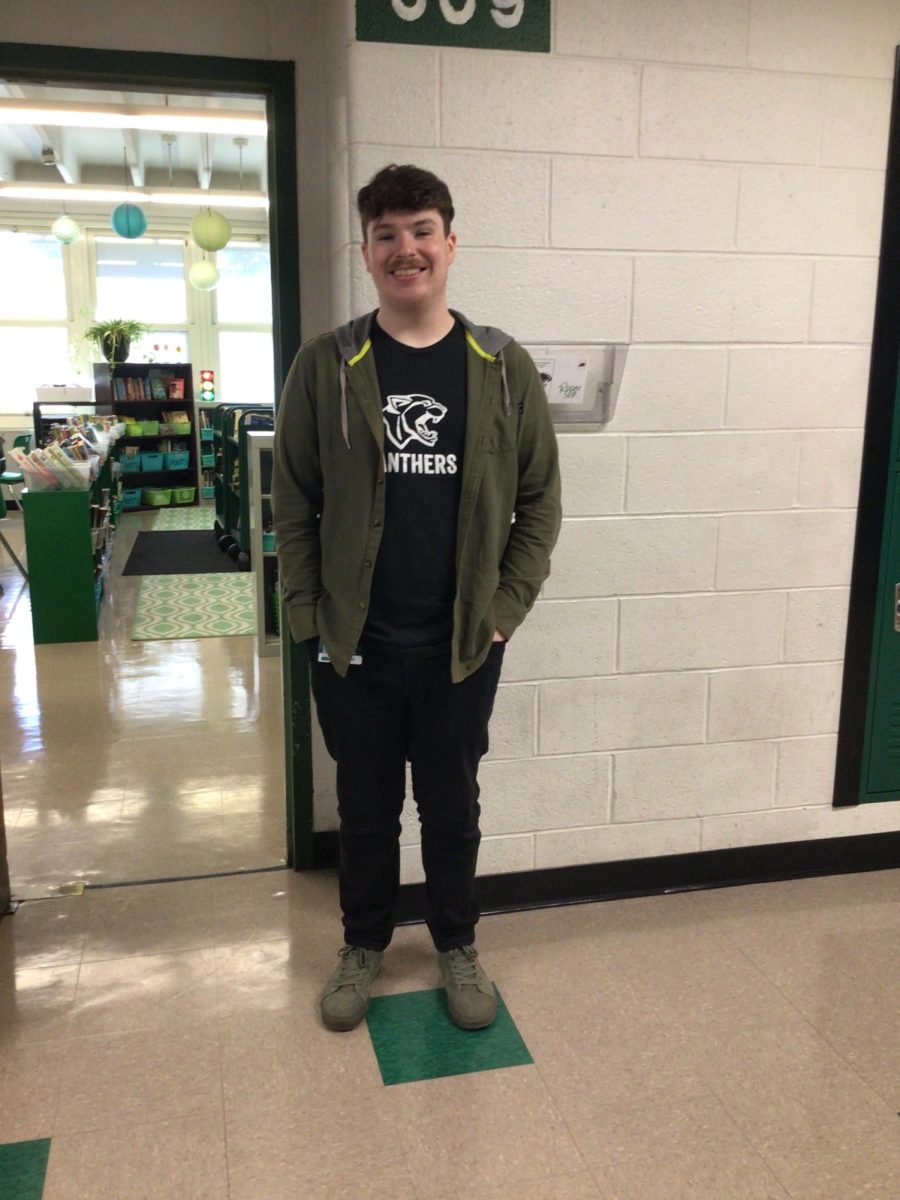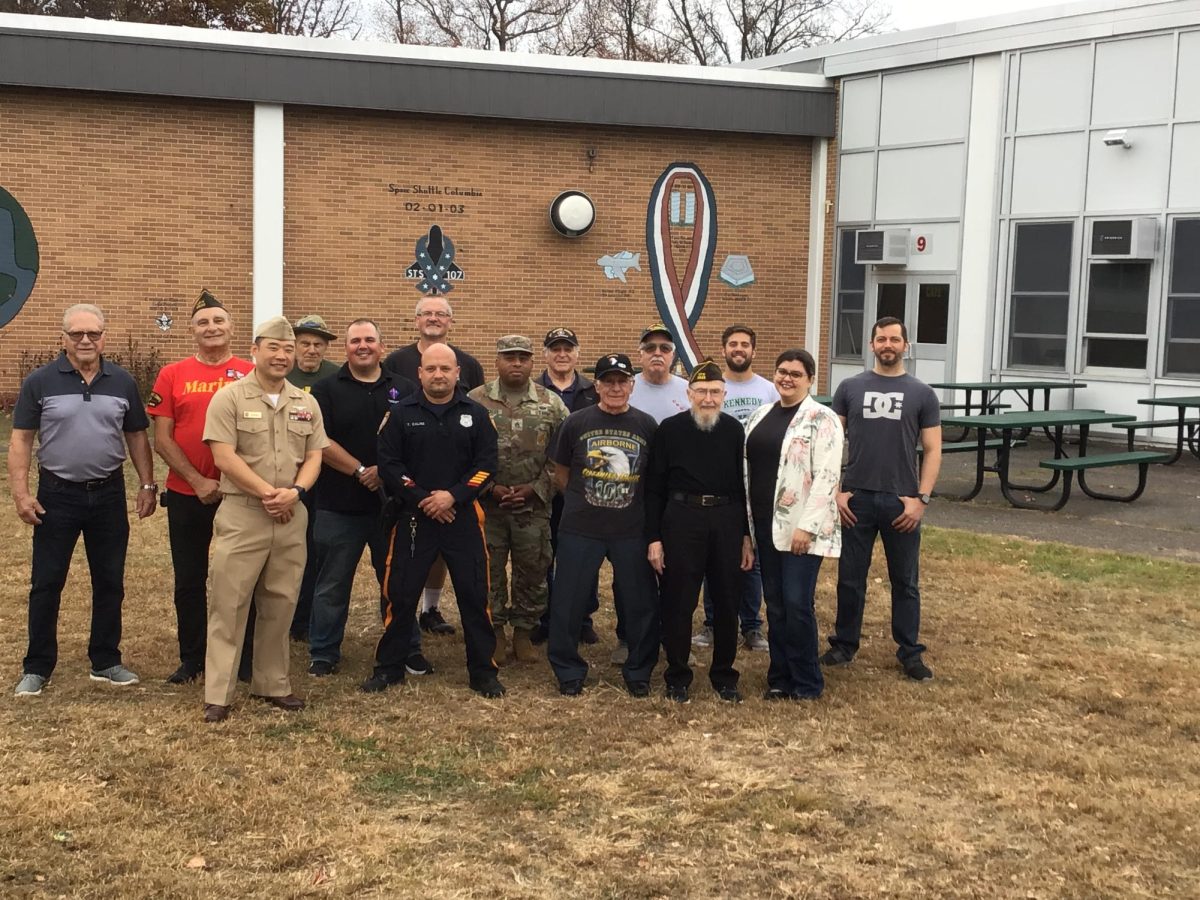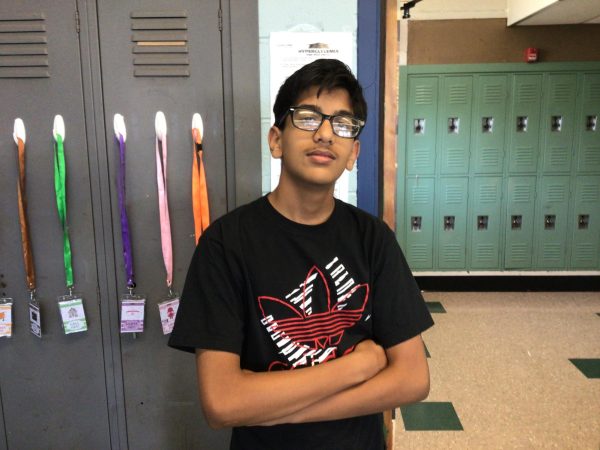Veterans are people who served our country and are respected for their hard work. Many veterans came to Iselin Middle School (IMS) to teach students about their stories of serving our country. On November 1, 8th graders skipped their first and second-period classes to listen to the veterans.
Morris Gelber and other veterans were drafted, but some chose to join to explore different job opportunities.
“I joined the army when I was 18 years old,” Tom Calise said. “Let me see what else is out there before I return back to [high school]. [I] joined the military and never looked back.” Calise is one of the veterans who visited IMS; he was a “former soldier and a current police officer with the Sayreville Police Department.”
Students also learned about the hardships the veterans had to go through during their time serving and after serving.
“Because if you let [the public] know that you were a Vietnam veteran, you’re gonna end up having a fight,” Vinzent Lupano, a marine court veteran, said.
Arick Rebetije, a former artillery officer, shared his path to service, explaining how he initially joined the military through an ROTC scholarship. Reflecting on his career, Rebetije encouraged younger generations to pursue their aspirations. His time in the Army took him to Korea, where he learned valuable lessons in leadership and resilience.
“You can pretty much do anything in life if you ask for it. The worst someone will tell you is no,” Arick Rebetije said.
Another amazing veteran, David Ollendorf, served during the Vietnam War as a pilot, captivating audiences with tales of his time flying aircraft carriers. His courage and adaptability became a theme for the day’s speeches, highlighting the intense training and bravery that military roles often require.
“Landing on an aircraft carrier requires a lot of training and practice. I remember looking down at that ship and thinking, ‘You’ve got to be kidding me!’” Ollendorf said.
Jeremiah King and Christine Shourt, both Air Force medics, managed various medical tasks, including complex procedures like facial reconstruction during deployment. King was the “go-to guy” for surgeries and patient care in challenging environments.
Shourt, whose family influenced her military journey, joined initially to fund her education. She specialized in bioenvironmental engineering, assessing workplace hazards and responding to emergency situations involving hazardous materials. After her military service, Shourt attended culinary school, using her GI Bill benefits to fund her education.
“Being a medic meant going into dangerous situations to help those in need, regardless of who they were,” King said.
An Wang was key in advancing military aviation technology, particularly in radar and guidance systems. He did advanced military aviation technology, focusing on radar and guidance systems. He valued “discipline and adaptability” from his service, later applying his skills to improve civilian communication and safety technologies.
“I was grateful for my time in the Navy for the experiences that I’ve learned,” Wang said. “The skills that I’ve learned, the mentoring set that has been created and the friendships that I’ve made.”
